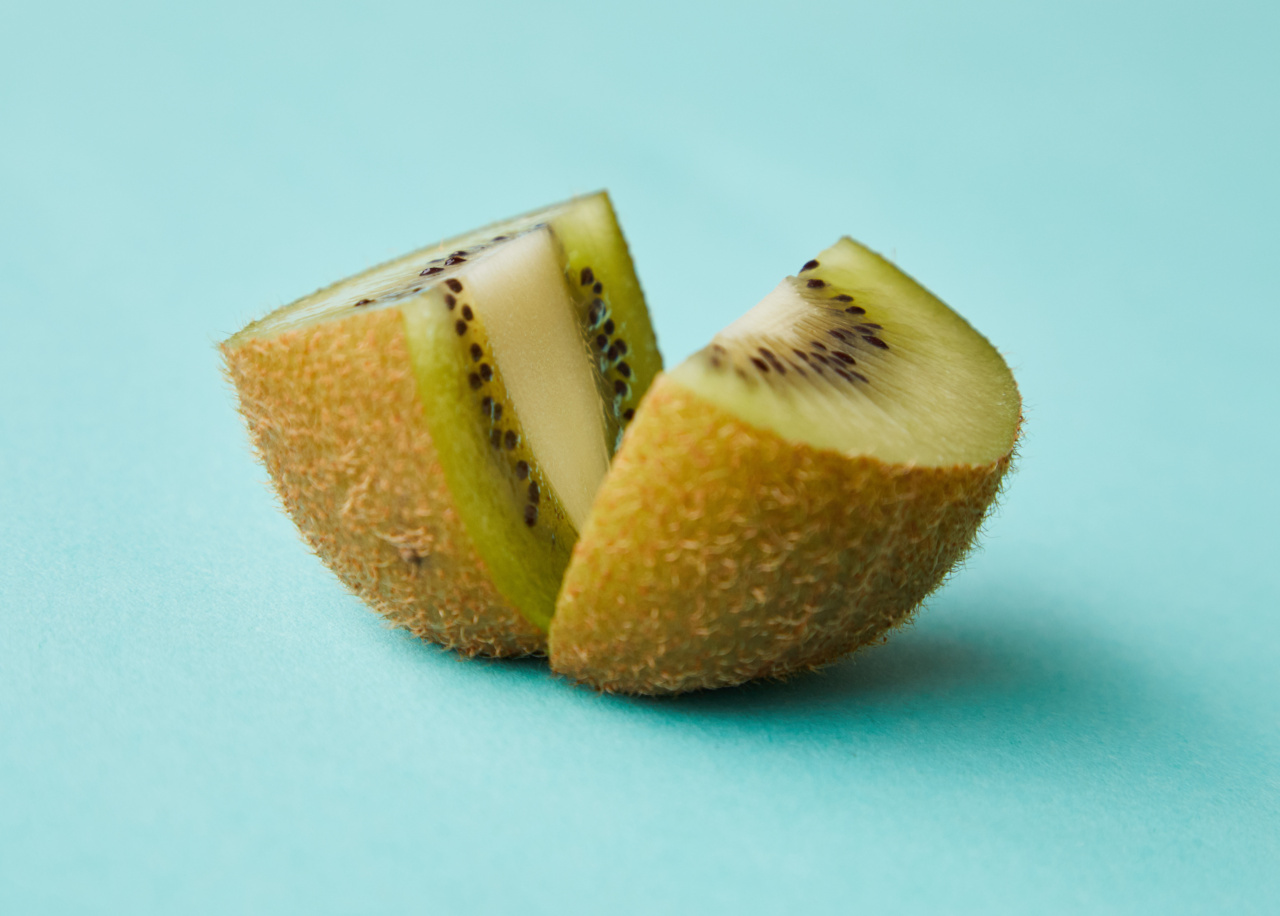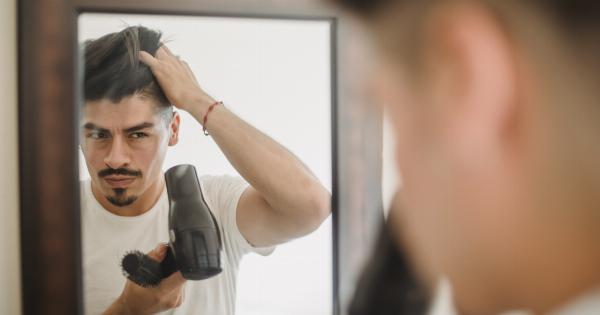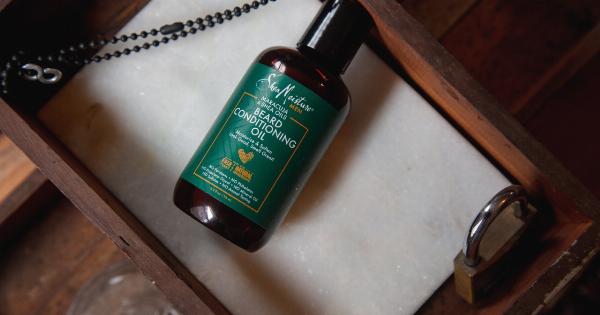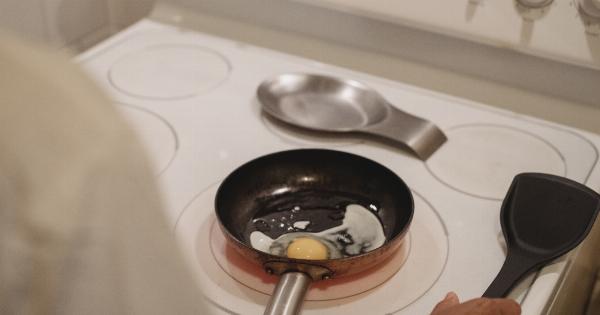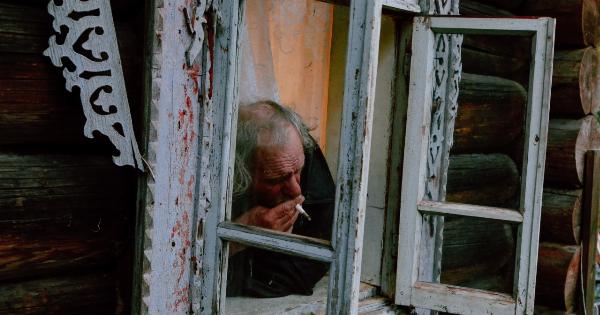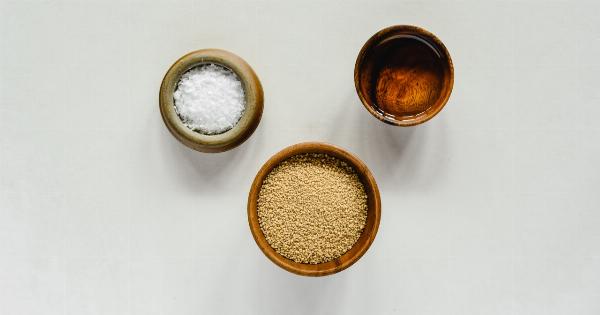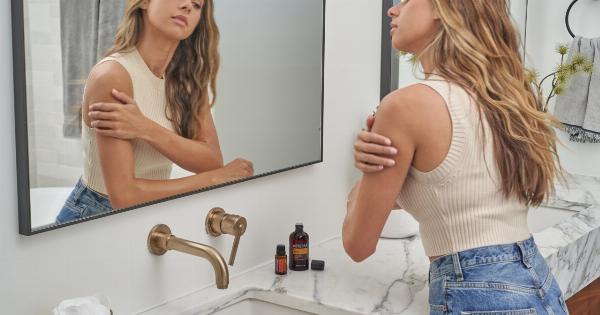Our hair plays a significant role in our overall appearance and can be seen as a reflection of our health. Just as our bodies rely on proper nutrition to function optimally, our hair also requires essential nutrients to grow and stay healthy.
Unfortunately, many individuals fail to recognize the signs of insufficient hair nutrition, leading to various hair problems and concerns.
Split ends
One of the most common signs of inadequate hair nutrition is the presence of split ends. Split ends occur when the hair shaft becomes damaged and splits at the ends.
This condition not only makes the hair appear frizzy and unruly but also prevents it from growing longer due to breakage. Lack of proper nutrition can weaken the hair shaft, leading to increased susceptibility to split ends.
Slow hair growth
Inadequate nutrition can significantly impact hair growth.
If you notice that your hair seems to be growing at a slower rate than usual or if it appears stagnant in terms of length, it may be a sign that your hair is not receiving the nutrients it needs. Nutritional deficiencies can impede the hair’s growth cycle, resulting in slow or stunted hair growth.
Thinning hair
Thinning hair is another common sign of insufficient hair nutrition. If you notice that your hair volume has significantly decreased, it might indicate a lack of essential nutrients.
Without proper nourishment, the hair follicles can become weak and miniaturized, causing the hair to appear thin and sparse.
Brittle and weak hair
When the hair lacks necessary nutrients, it becomes weak and brittle. Brittle hair is prone to breakage, making it difficult to achieve long and healthy locks.
If your hair feels dry, lacks luster, and breaks easily, it may be a sign of insufficient nutrition.
Dull and lifeless hair
A diet lacking in essential nutrients can result in dull and lifeless hair. Hair that is deprived of proper nutrition lacks the shine and vibrancy associated with healthy hair.
If your hair appears dull and lacks vitality, it may be time to evaluate your diet and ensure you are providing your hair with the necessary nutrients.
Excessive hair shedding
While it is normal to shed some hair daily, excessive hair shedding can be a cause for concern. Inadequate nutrition can disrupt the hair growth cycle, leading to increased hair shedding.
If you notice an excessive amount of hair in your brush, on your pillow, or in the shower drain, it could be a sign that your hair is not receiving the nutrients it needs.
Dandruff and scalp issues
The health of our hair is closely related to the health of our scalp. Insufficient nutrition can lead to various scalp problems, such as dandruff, dryness, and irritation.
A dry and poorly nourished scalp can disrupt normal hair growth and exacerbate existing hair conditions.
Changes in hair texture
If you notice a significant change in your hair’s texture, it may indicate a lack of proper nutrition. Nutritional deficiencies can alter the structure of the hair, making it feel rough, coarse, and prone to tangling.
Hair texture changes are often a result of inadequate moisture and essential nutrients.
Loss of hair elasticity
Elasticity is a vital characteristic of healthy hair. When the hair lacks sufficient nutrition, it loses its elasticity, becoming more prone to breakage. Healthy hair should have the ability to stretch and return to its original state without breaking.
If your hair feels stiff and lacks flexibility, it could be a sign of insufficient hair nutrition.
Premature graying
While genetics and age are significant factors in graying hair, inadequate nutrition can also contribute to premature graying.
Lack of essential nutrients can accelerate the aging process of the hair, resulting in the appearance of gray or white hair at a younger age.
Conclusion
It is essential to pay attention to the signs of insufficient hair nutrition and take appropriate measures to address them.
Incorporating a well-balanced diet, rich in essential vitamins, minerals, and proteins, can greatly contribute to the health and vitality of your hair. Additionally, consider consulting with a healthcare professional or a registered dietitian to ensure you are meeting your specific nutritional needs to promote optimal hair growth and overall well-being.
